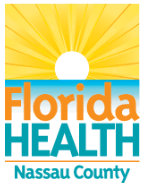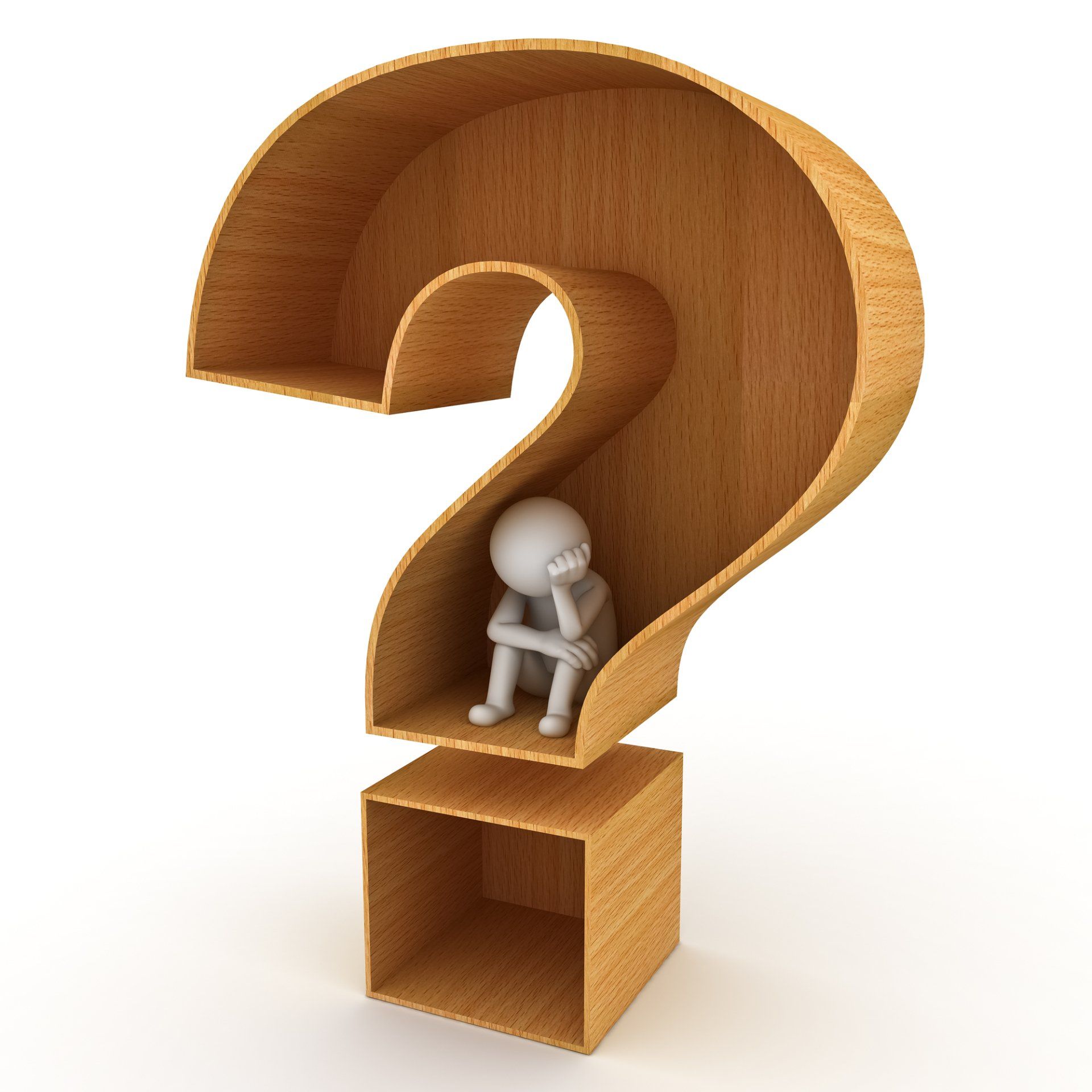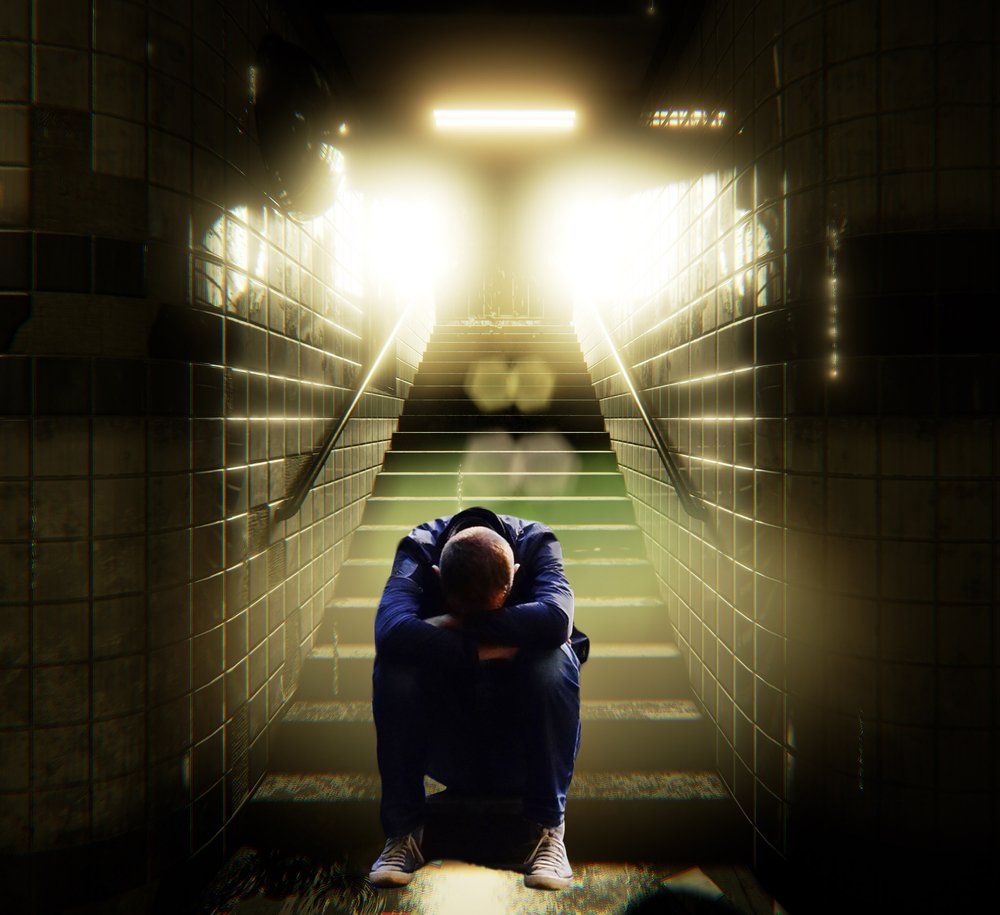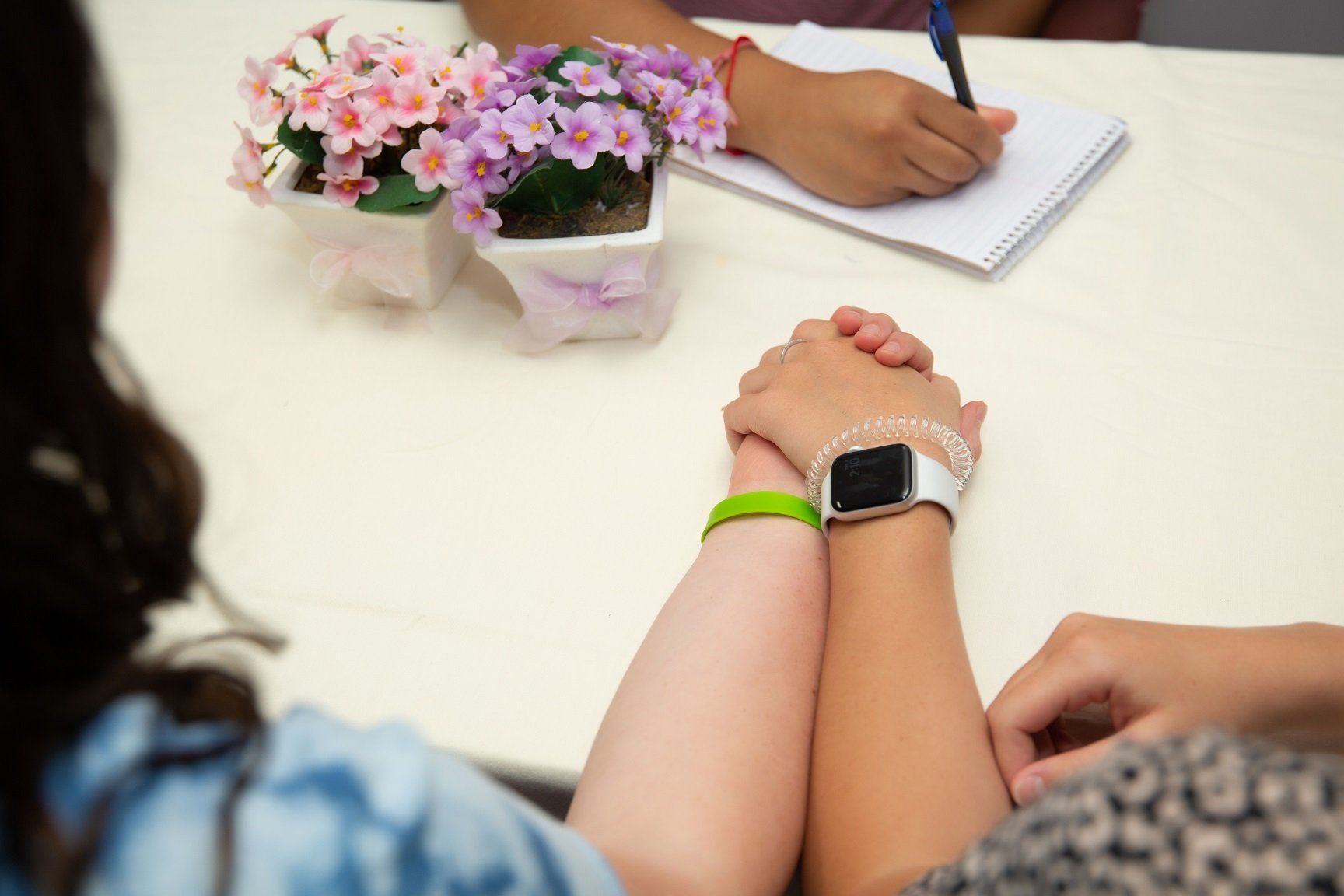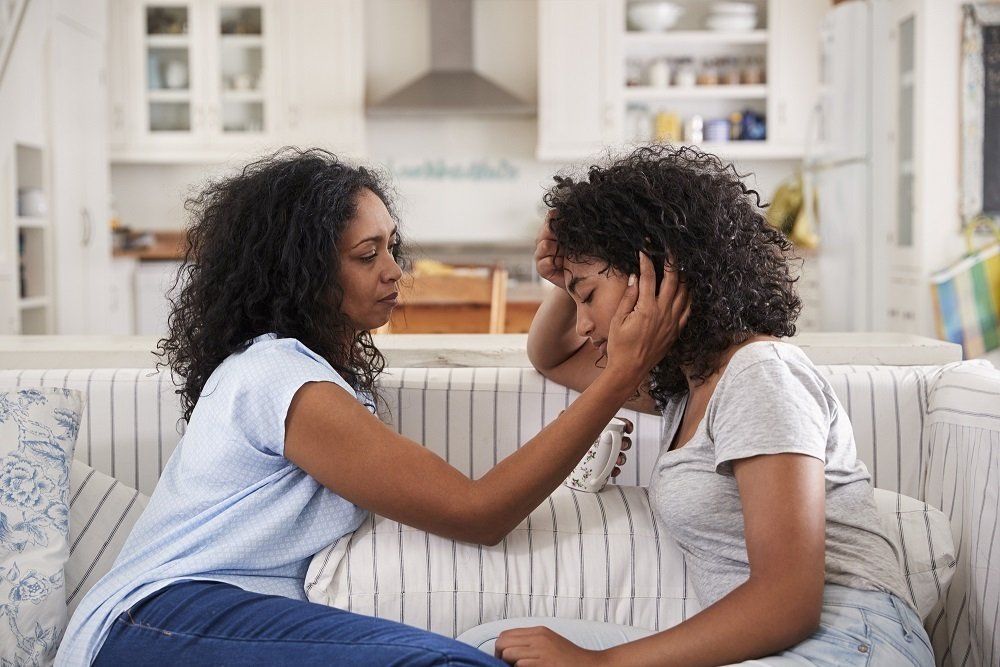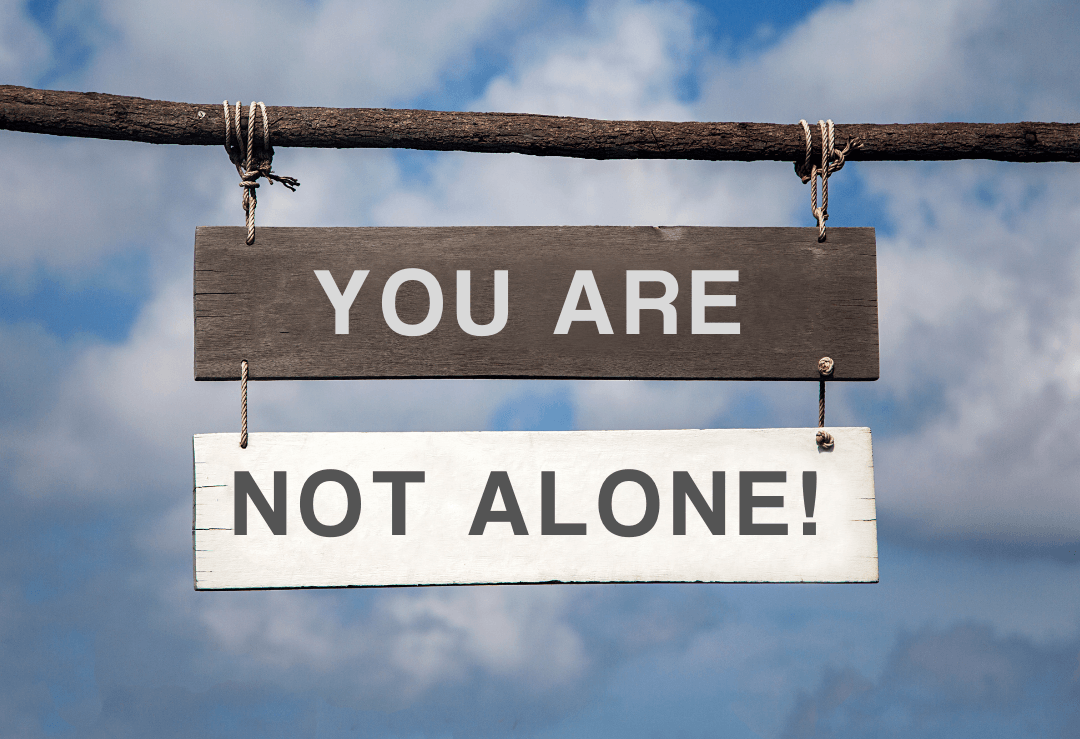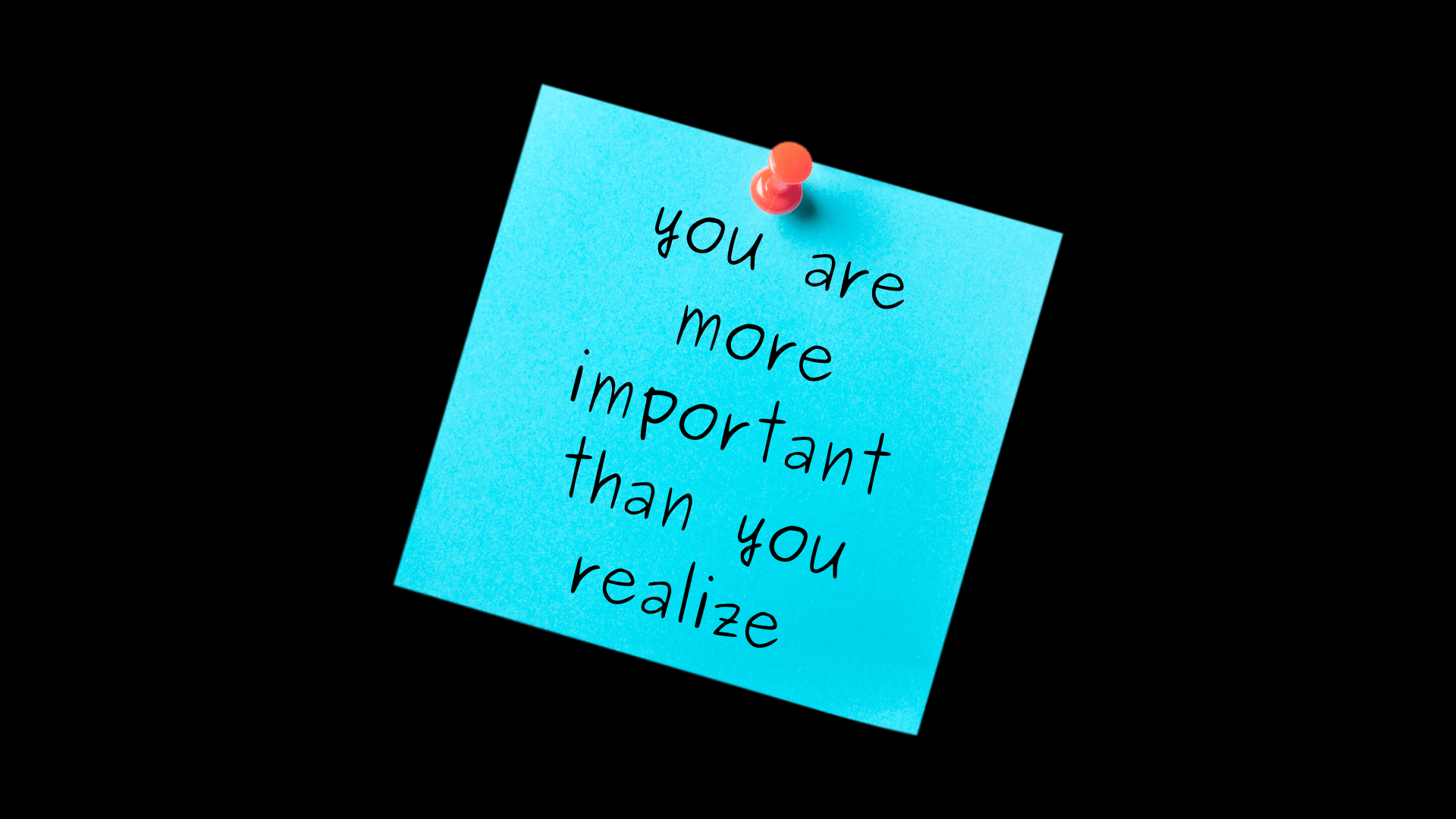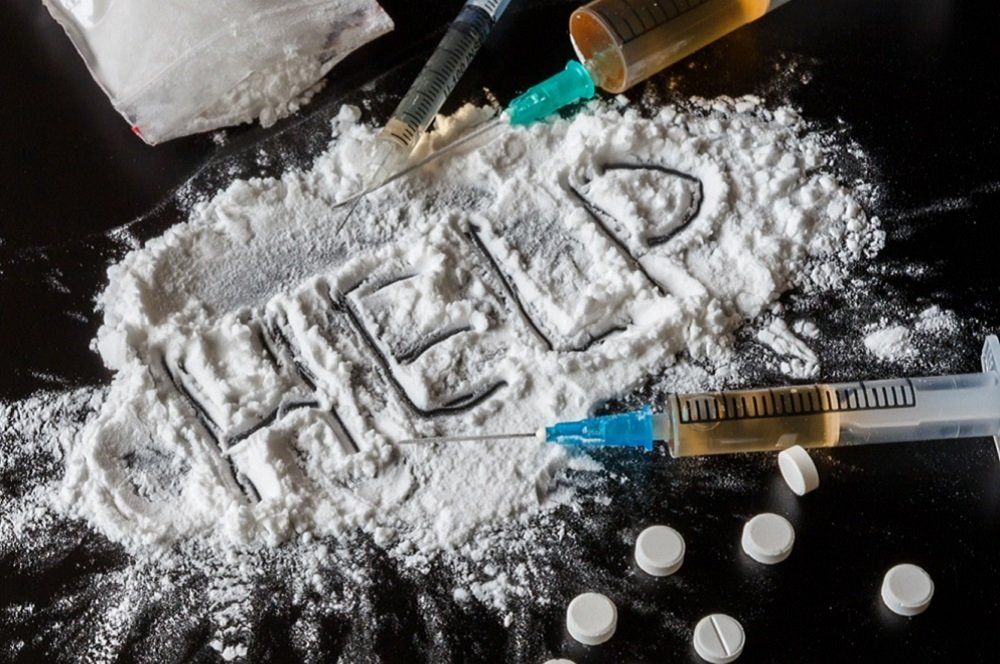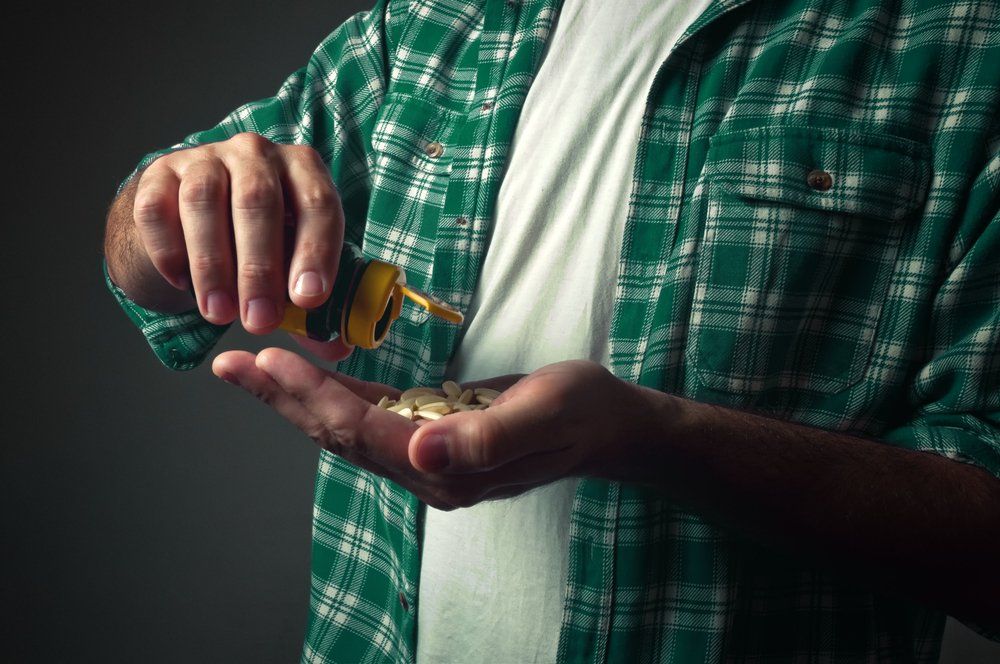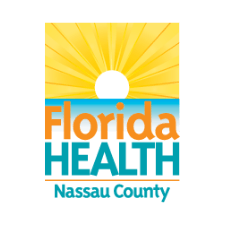If you are a teenager or young adult in crisis, an adult with a child in crisis, or a friend of a youth in crisis, please call the 24/7 Youth Mobile Response Team at 904-580-0529.
Please call 9-1-1 immediately if you or your loved one is having a medical emergency.
Youth Resources
10 FREQUENTLY ASKED QUESTIONS FROM TEENS
Compiled by National Institute on Drug Abuse from over 118,000 queries from teens
TODAY'S CHALLENGES FOR OUR YOUTH
Among U.S. youth ages 12 to 17, more than 750,000 report misusing pain relievers at least once in the past year. Nearly 60% of youth, ages 12 to 17, report that the source of their most recent misuse of prescription pain relievers was a friend or relative.
Children and young adults are particularly susceptible to drug abuse and addiction because their brains are still developing.
The reasons young people misuse prescription painkillers are the same reasons for experimenting with other drugs: peer pressure, to relieve stress or depression, to increase alertness in order to perform better in school or sports, to manage weight, or simply as an escape.
The common misperception about opioids and prescription painkillers are that they are safe to use because they were prescribed by a doctor, which is especially dangerous for children.
As America wrestles with the best way to confront the opioid epidemic, it is critical that attention is also paid to the families affected by the epidemic, and particularly to the impact on children. The long-term health, social-emotional, and educational outcomes of these children are all influenced by the trauma of having a parent who misuses opioids.
U.S. Health and Human Services notes that the number of children in foster care has risen to more than 428,000 and parental addiction was cited as the cause in at least 32% of cases.
It's important to remember that anyone can have a problem with drugs, regardless of their age, race, how much money they have, or even what kind of family they come from. There is no "type" of person. Unfortunately, though, many struggles with drugs start when people are young.
What are the signs? How can you tell if there is a problem?
One of the main signs of addiction is someone continuing to take drugs even though it is negatively impacting their entire life - their health, relationships, school or work performance, etc. They feel helpless, like they cannot stop using drugs no matter what. With this, you may also notice them spending a lot of time or energy trying to get drugs and selling or stealing to be able to pay for the drugs.
- Losing interest in their appearance
- Getting into trouble at school or with the law
- Hanging out with different friends or spending more time alone than usual
- No interest in the things they normally love doing
- School suffering overall - lower grades or skipping school
- Change in eating or sleeping habits
- Having issues with parents or friends
- Mood swings or showing signs of anger or depression
WHAT DO YOU DO IF YOU FEEL YOU HAVE A PROBLEM?
Sometimes it is hard to overcome fears about the stigma often attached to drug use – letting down your parents, embarrassing your family, being judged by others – can be one of the greatest obstacles for a young person suffering with opioid misuse or addiction. Take inspiration from this story of a recovered teen.
The most important thing you can do is to seek help from someone in your life who can help - a parent, teacher, another adult, or even a friend. Below are several options. Remember - YOU ARE NOT ALONE!
If you don’t feel like you have anyone to talk to about your situation, call the Substance Abuse and Mental Help Services Administration national helpline, 1-800-662-HELP (4357) or TTY: 1-800-487-4889. It is a confidential, free, 24-hour-a-day, 365-day-a-year, information service, in English and Spanish, for individuals and family members facing mental and/or substance use disorders.
Or consider one of these resources:
SUICIDE HOTLINE: 1-800-273-TALK (8255)
NATIONAL SUICIDE TEXTLINE: Text “HOME” to 741741
BEHAVIORAL HEALTH CRISIS LINE: 1-904-580-0529
It takes a lot of courage to seek help for a possible drug problem, because there is a lot of hard work ahead. But treatment works, and you can get your life back on track. Put recovery first, and remember that you are more important than you may even realize.
WHAT IF YOU HAVE A FRIEND IN YOUR LIFE STRUGGLING WITH MISUSE OR ADDICTION?
The most important thing you can do is let your friend know that you are there for them and you care! Talk openly with them, and let them know you support them and will help in any way you can. Encourage them to seek help from an adult or substance abuse organization.
If your friend is unwilling to seek help or you see that the misuse or addiction is getting worse, reach out to a non-threatening, caring and understanding adult for help, like a parent or school counselor. It may seem like ratting out on your friend, but it is honestly the best thing you could do for your friend - and could save their life!
WHAT IF YOUR PARENT OR AN ADULT IN YOUR LIFE IS STRUGGLING WITH MISUSE OR ADDICTION?
If you are noticing the signs of addiction in your parent or an adult in your life, there are several actions you can take:
- Learn more about the signs and symptoms of substance use.
- Pay attention and take note of how the person is behaving, especially the areas that have you concerned. What are they doing that is making you feel there could be an issue? Take note of the types of substances being taken (pills, alcohol, heroin, etc), how much and how often they are consuming, any negative consequences you see, and the person's responses if they are confronted about the issue. This is helpful information to have if you decide to talk directly to the person or to another adult about the issues.
- Share what you have noted with other family members or friends to get their input on the situation. If they agree, determine if you want to talk to the person directly or contact professional help.
- Contact a substance use professional (see below), a mental health professional (such as Starting Point), a guidance counselor, clergy or other professional to help you. Describe the situation and the behavior you have noted and see how the professional recommends moving forward.
- Make sure that you and other family members are safe from potential physical or emotional harm. If there is a threat or possibility of physical violence, seek help immediately from a trusted adult or service.
The Substance Abuse and Mental Help Services Administration national helpline, 1-800-662-HELP (4357) or TTY: 1-800-487-4889, again, is a good place to start if a friend or adult in your life is struggling with opioid misuse.
WHEN IN CRISIS
If you or a family member is in CRISIS, call the Starting Point Behavioral Healthcare mobile response team at the 24/7 Adult Crisis Hotline: 904-206-1756.
EMERGENCY TREATMENT
Naloxone (also known as Narcan) is a medicine that rapidly reverses an opioid overdose. It can be injected or given through a saline solution. You can get Naloxene through Starting Point Behavioral Healthcare in Yulee or Hilliard; through the Saint Augustine Harm Reduction Collective, or through Jacksonville Metro Treatment Center.
This project is supported by the Centers for Disease Control and Prevention of the U.S. Department of Health and Human Services (HHS) as part of a financial assistance award totaling $165,200 with 100 percent funded by CDC/HHS. The contents are those of the author(s) and do not necessarily represent the official views of, nor an endorsement, by CDC/HHS, or the U.S. Government.
All Rights Reserved | Florida Department of Health - Nassau County. Website by BizBolster Web Solutions, LLC

